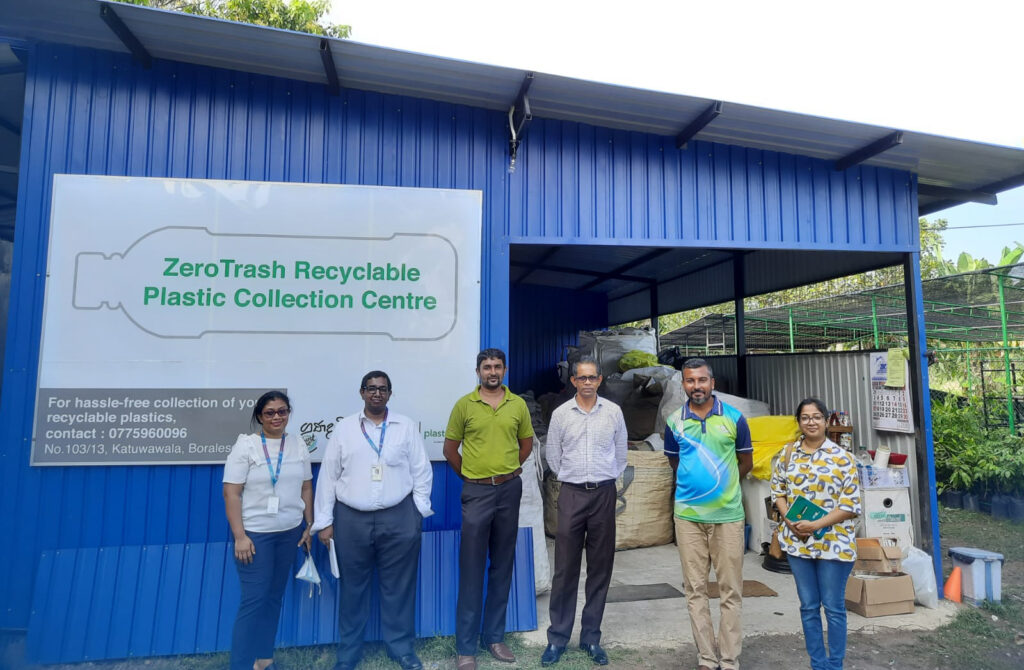USAID’s Clean Cities, Blue Ocean Program Helps Prevent Over 4,600 MT of Plastic from Entering the Ocean
Colombo, January 30, 2024 – Thanks to a nearly three-year partnership, supported by the American people through the United States Agency for International Development (USAID), communities across Sri Lanka successfully prevented more than 4,600 metric tons of plastic – the equivalent of 496 million plastic bottles – from entering the ocean around Sri Lanka through the Clean Cities, Blue Ocean (CCBO) program.
The CCBO program, launched in Sri Lanka in 2021, is USAID’s global flagship program to address ocean plastic pollution. In Sri Lanka, demand for single-use plastics has grown while waste management systems have struggled to keep pace with only an estimated 20 percent of households having access to public waste collection services. As a densely populated island nation, Sri Lanka faces unique challenges in managing its solid waste.
Through CCBO, the United States partnered with local organizations to design and pilot innovative, economically viable, and environmentally sustainable solutions to address each step in the waste value chain, providing technical assistance and grants totaling more than US $1.2 million (Rs. 382.8 million). As a result of these partnerships, an additional 625,000 Sri Lankans benefitted from improved solid waste services, and communities around Colombo, Galle, and Jaffna have adopted sustainable practices that promote increased reuse and transformation of waste products into new items.
“The United States is helping Sri Lanka improve management of its natural resources to build resilience and insulate the country from the harms of climate change,” said Dennis Wesner, deputy director of Economic Growth for USAID Sri Lanka and Maldives. “While CCBO is ending, our work will not stop. The United States will continue to work together with Sri Lankan counterparts to find locally viable solutions and reduce ocean plastics.”
“We celebrate the collaborative efforts of Clean Cities, Blue Ocean Sri Lanka program that developed sustainable solutions to reduce ocean plastic. As we confront the escalating crisis of ocean plastic pollution, CCBO has been an exemplary partner in progressing their commitment to extended producer responsibility. This initiative exemplifies our commitment to environmental stewardship, showcasing the positive impact of strategic partnerships and community engagement on creating cleaner, healthier cities for our citizens,” said Mr. Prabath Chandrakeerthi, Secretary, Ministry of Environment.
Globally CCBO’s goal is to reduce the estimated 11 million metric tons of plastic that flow into the ocean worldwide each year by targeting rapidly urbanizing areas of countries, a major source of ocean plastic pollution.
To learn more about Clean Cities, Blue Ocean’s Sri Lanka program and its impacts, visit www.urban-links.org/ccbo


